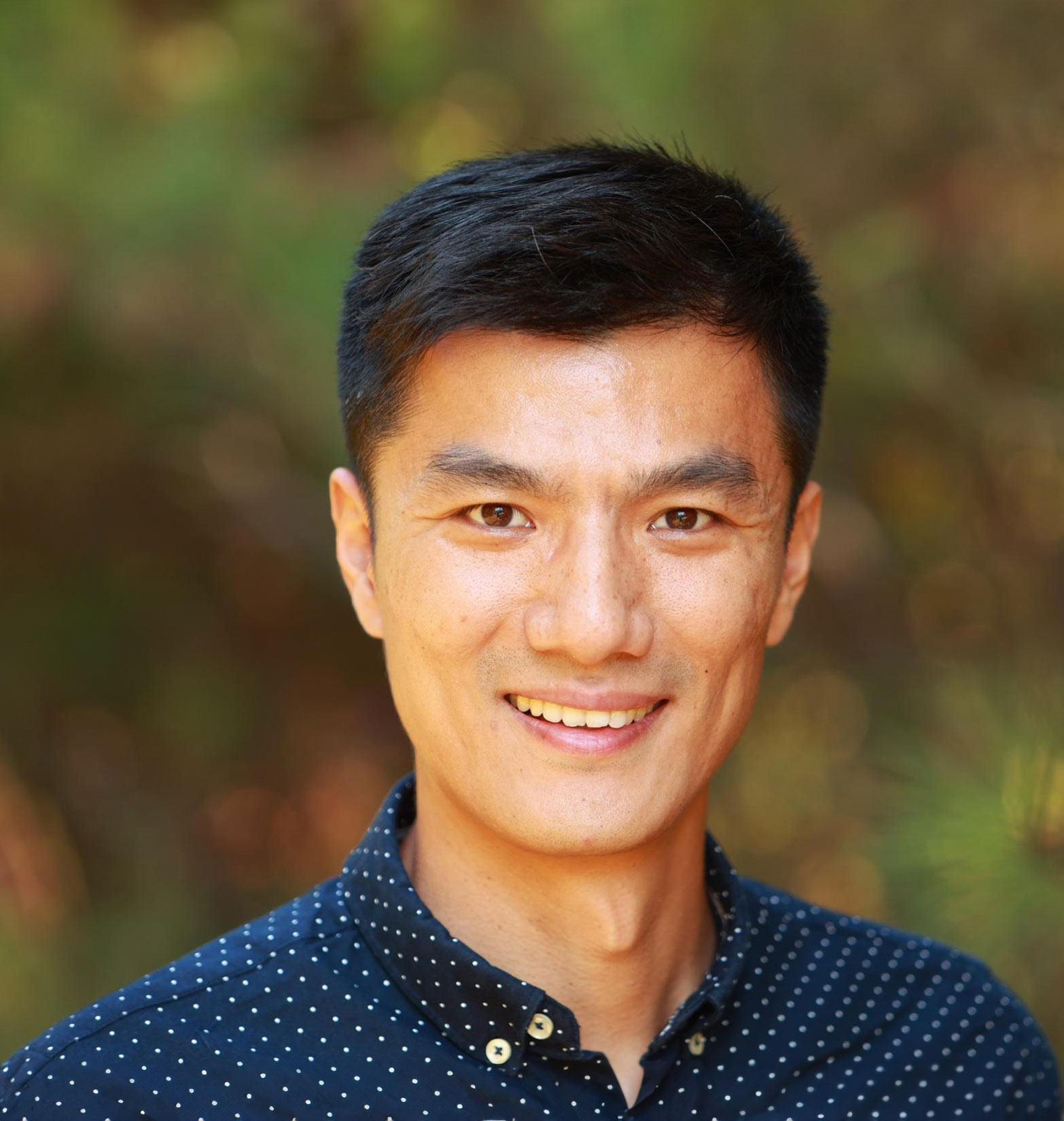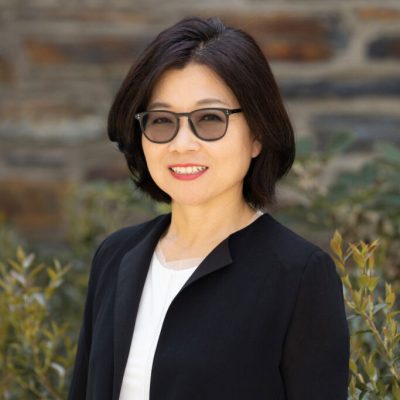In the emerging, important fields of artificial intelligence and genomic research, Zhao Zhang, an assistant professor of pharmacology and cancer biology at the Duke University School of Medicine, stands out as a bold and innovative thinker.
In 2019, Duke University launched its Science and Technology program with a $100 million investment from the Duke Endowment to recruit and retain scientific leaders, with a goal to maximize Duke’s advances in fields such as genomics, data science and artificial intelligence.
One of the partnership’s first recruitments was Zhao Zhang. Zhang, also known as ZZ, earned his Ph.D. from the University of Massachusetts Medical School in 2014. He skipped post-doc training and started his own research group at the Carnegie Institution for Science-Department of Embryology, which is affiliated with Johns Hopkins University.
In 2021 Zhang was named a Pew Scholar in the Biomedical Sciences, an honor providing four years of funding to investigate questions surrounding health and human disease.
Zhang’s group at Duke is studying the half of the human genome that is made up of long, repetitive sequences of DNA called transposons, or “jumping genes.” They’re given that nickname because of their habit of jumping around in the genome, making changes and enabling evolution.
“The transposon is like a virus, an endogenous virus,” Zhang said in a 2021 School of Medicine story. “They were viruses millions of years ago and they invaded our ancestors. But we’ve turned them into part of ourselves.” Zhang is exploring how and why that happened and whether transposons might be used as tools against disease.
Their recent findings, reported in “Nature,” show that these genomic parasites can steal our cellular machineries to copy themselves. The findings may offer new insights into cancer, viral infections and immune responses.
Bold and innovative, indeed.



